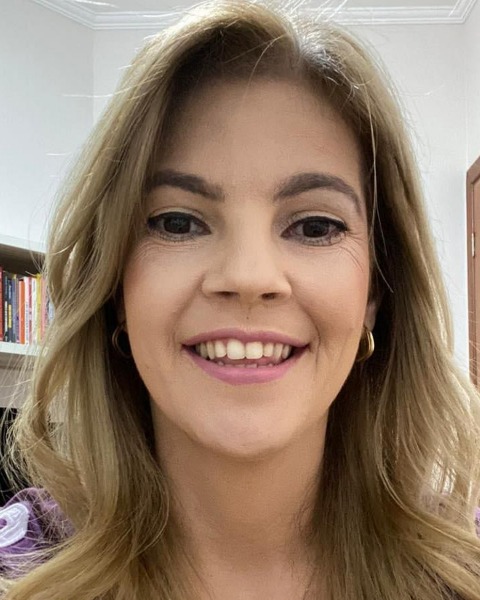Back
Plant-Insect Ecosystems
Section Symposium
Global Challenges and Advances in Pest Management Toward a Sustainable Agriculture On-Demand Presentations
Coffee IPM: An example of sustainable production of a perennial crop
On-Demand

Alessandra M. Vacari
PhD
University of Franca
Franca, Brazil
Presenting Author(s)
Brazil is the largest coffee producer and exporter in the world, with 2.22 million hectares planted, followed by Vietnam and Colombia. Among the phytosanitary problems challenging coffee crops, pest occurrence is paramount. The cost of pest and disease control in Brazilian coffee crops is estimated at US$ 411.21 per hectare, corresponding to 19% of the total cost of the crop, and of this, 42% (that is, US$ 172.7 per hectare) corresponds to the cost of insecticides for pest control. In coffee IPM, sustainable strategies such as biological control are used alongside chemical control. In Brazil, the entomopathogenic fungus Beauveria bassiana is used to control the coffee berry borer Hypothenemus hampei (Coleoptera: Curculionidae), and the predator Chrysoperla externa (Neuroptera: Chrysopidae) is used to control the coffee leaf miner Leucoptera coffeella (Lepidoptera: Lyonetiidae). In Brazil, there are 79 products based on B. bassiana estão registrados no MAPA; of these, 13 products are registered for coffee berry borer control, with the first product registered in 2018. In addition, 3 companies registered C. externa in MAPA and are mass rearing it in the laboratory for inundative releases in the field; the first registration was in 2021. Currently, B. bassiana is used in IPM by most Brazilian coffee growers, and C. externa is used over approximately 60 thousand hectares per year. Our team will conduct future research, and other studies are in progress, so that the success of this new biological control program using green lacewings in Brazil can be maintained.

